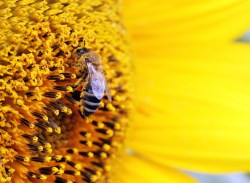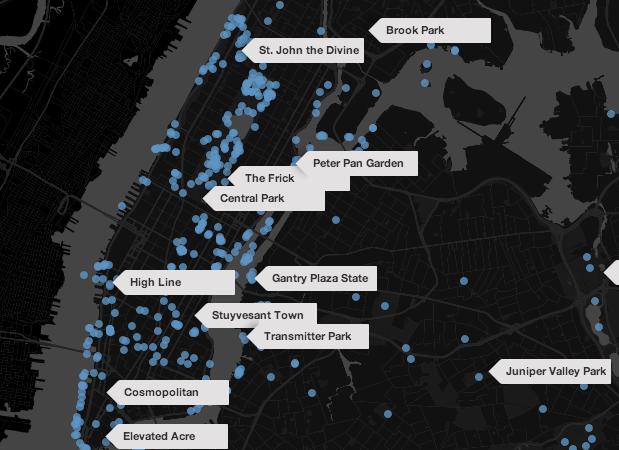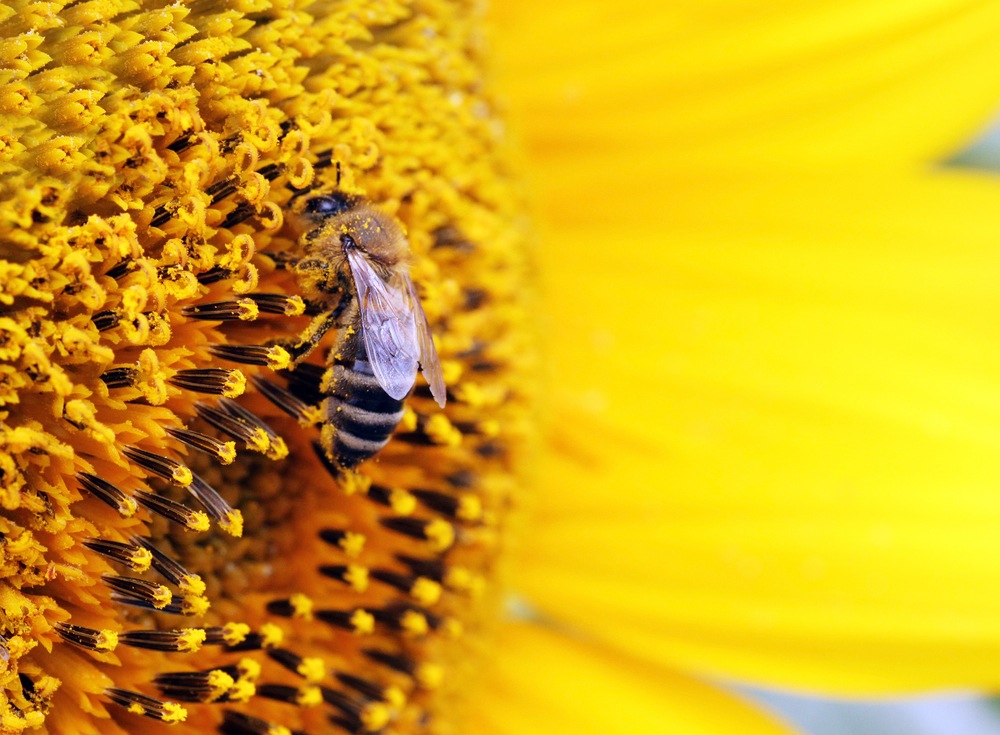
ShutterstockThis sort of bee behavior is safer in Europe than it is in America.
Bees of America, please don’t take this the wrong way, but it might be time to buzz off to Europe.
The European Union will limit the use of yet another bee-endangering insecticide, part of its efforts to protect pollinators from agricultural poisons.
The use of fipronil, a nerve agent produced by German company BASF and widely applied by farmers to kill insect pests, will be outlawed on corn and sunflower seeds and fields across Europe. From Reuters:
The restrictions take effect from Dec. 31 but seeds which have already been treated can be sown until the end of February 2014.
The ban follows similar EU curbs imposed in April on three of the world’s most widely used pesticides, known as neonicotinoids, and reflects growing concern in Europe over a recent plunge in the population of honeybees critical to crop pollination and production.
A scientific assessment from the EU’s food safety watchdog EFSA said in May that fipronil posed an “acute risk to honeybees when used as a seed treatment for maize”.
Fipronil, mainly sold under the Regent brand name in Europe, may still be used on seeds sown in greenhouses, or leeks, shallots, onions and other vegetables that are harvested before they flower, posing a low risk to foraging bees.
The U.K. and the U.S. have both been reluctant to restrict sales of pesticides that pose a threat to bees, but the U.K. is bound by the European Union’s recent bans and restrictions, while the U.S., of course, is not. Beekeepers and environmentalists in the U.S. are currently suing the EPA in an effort to institute similar bans here. From The Guardian:
Bees and other pollinators are essential in the growing of three-quarters of the world’s crops, but have seen serious declines in recent decades due to habitat loss, disease and pesticide use. In Tuesday’s vote, only the UK, Slovakia and the Czech Republic abstained and only Spain — the biggest user of fipronil — and Romania voted against. The UK was also one of eight of the 27 EU member states that unsuccessfully opposed the EC neonicotinoid ban.
“The UK abstained from the vote as there were concerns that the proposals were not based on sound scientific evidence,” said a [spokeswoman for the Department for Environment, Food and Rural Affairs]. “Fipronil is not used in any authorised pesticide in the UK so this ruling will have little impact [here].”
Paul de Zylva, of Friends of the Earth, welcomed the “leadership” of the European commission but added: “Yet again the UK’s pesticide testing regime has proven to be unfit for purpose. It’s disappointing to see the UK government abstaining from another cut and dried opportunity to protect bees.”
To the bees of America: Bon voyage.




